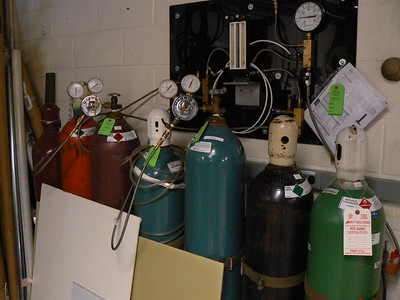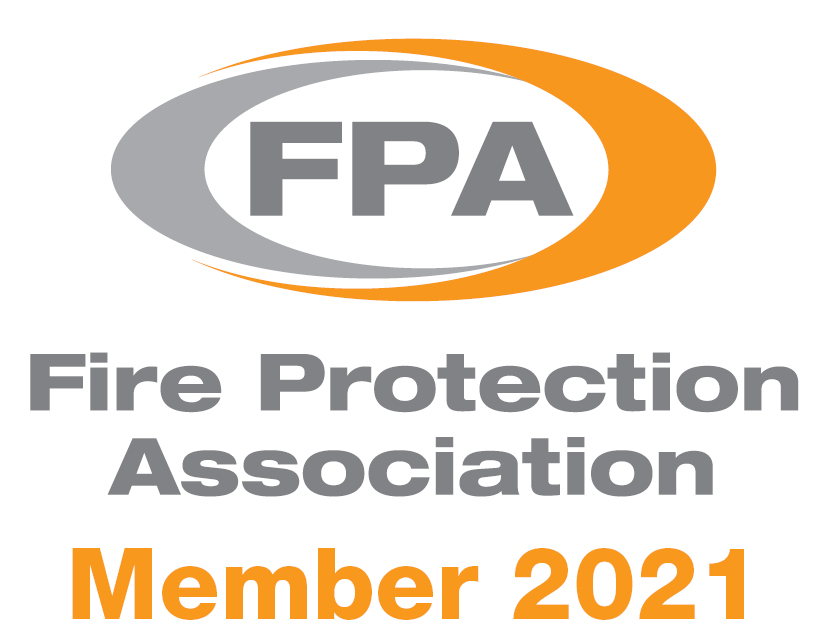
Ensure Compliance with the Fire Regulations
Online Quotation
Located Solihull, Birmingham Area.
Main areas covered include - Coventry, Stoke, Nottingham, Leicester, Stafford, Shrewsbury, Telford, Milton Keynes, Oxford, Luton, Uxbridge, Hemel Hempstead, Banbury. Gloucester, Wolverhampton, Worcester, Northampton, Derby, Hereford
See Genuine Valid Google Customer Reviews Below
Gas Cylinder Storage
Correct gas cylinder storage is important as they are classed as dangerous substances from a fire risk perspective. There are obviously many chemical/substances that are a health risk but the purpose of this guide we will focus primarily on the substances that are a fire risk.
Correct Gas Cylinder Storage

There are some basic very important requirements for correct gas cylinder storage within the workplace to minimise the risk of explosion/fire.
Gas cylinders are generally heavy and are relatively unstable due to the base diameter to height ratio. Large cylinders can weigh over 100 kg when full and being tall and thin they are easily toppled over. Gas cylinders are awkward objects to move safely.
1/ Always store cylinders in an upright position and secured by a chain to ensure they do not fall over.
2/ Keep in a well ventilated area (preferably in a cage outside the premises) to reduce the risks associated with leakage.The majority of gas cylinders are designed so that they can be stored in the open air and,as such, they will not be adversely affected by inclement weather.
3/ Ensure they are located away from any major heat source.
4/ Ensure that volatile and incompatible gases are not stored together. Cylinders should be segregated according to type, to ensure that fuel gases are not stored together with oxygen.Separation should be by distance - or 3 metres (UK recommendations), or by a wall having at least 30 mnute fire resistance. LPG cylinders must be stored separately from other fuel gases. As a general rule, toxic gases should be stored away from all other gases. Flammable gases should never be stored near oxygen and other oxidising gases.
5/ Ensure the gas cylinders are clearly marked so all contractors, staff and the FRS are aware of the contents. Ths gas storage area/cage should also have the correct hazard signage.
6/ Empty and full cylinders are clearly marked and stored separately.
Gas Cylinder Storage Areas
Storage Areas for Gas Cylinders.
Gas cylinders are best stored outside in a dedicated cage with customised racks and safety chains. The cage should always be sheltered from the sun, well ventilated, away from mechanical hazards and public walkways and sources of radiant heat.
Temperatures must not not exceed 52 degrees C. Remember cylinders are never fully empty, unless a cylinder is new, de-valved, or following inspection and test where it has not yet been filled with a gas.
For Further Information see Links below


